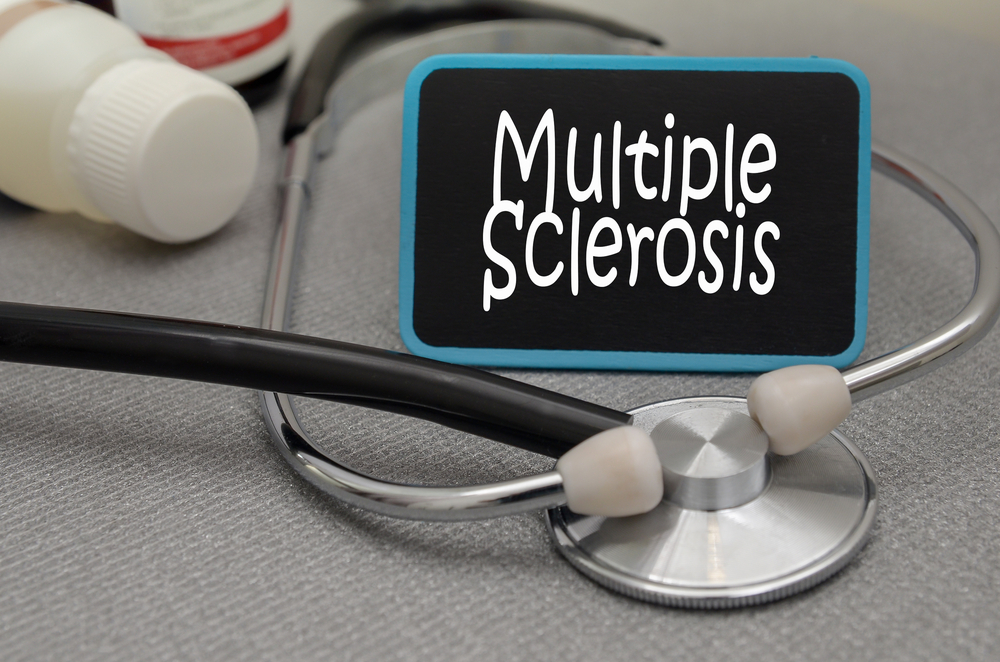#ACTRIMS2018 – MediciNova Presents Positive Results from SPRINT-MS Trial Evaluating Ibudilast in Progressive MS

Top-line results from a clinical trial evaluating the investigational oral therapy ibudilast for progressive multiple sclerosis (MS) show that the therapy led to a significant reduction of brain atrophy in patients when compared to controls.
Robert Naismith, MD, one of the study’s principal researchers from Washington University in St. Louis, presented the data in a poster titled, “Sprint-MS/NN 102 Phase II Trial of Ibudilast in Progressive MS: Top Line Results,” on Feb. 1 at the third annual Americas Committee for Treatment and Research in Multiple Sclerosis (ACTRIMS) Forum 2018, in San Diego, California.
Therapeutic options for patients with progressive forms of MS are limited. In a previous study, researchers found that while the oral therapy ibudilast (previously known as MN-166) had no effect on improving MRI-observed new lesions or reduced relapse rates in relapsing MS patients, it did have a potential neuroprotective effect. That study, “Ibudilast in relapsing-remitting multiple sclerosis: A neuroprotectant?”, was published in the journal Neurology.
Ibudilast inhibits an enzyme called phosphodiesterase and suppresses inflammation. The therapy is not approved for MS in the U.S but is marketed in Japan and South Korea as a treatment for cerebrovascular disorders and asthma. In 2016, the U.S. Food and Drug Administration cleared ibudilast for “fast track” development as a potential therapy for progressive MS, which includes both the primary progressive and secondary progressive forms of the disease.
Researchers launched a multicenter Phase 2 trial to test the safety, tolerability, and effectiveness of MediciNova’s ibudilast in progressive MS. The study, SPRINT-MS (NCT01982942), randomized 255 patients with primary or secondary progressive MS to a treatment group or a placebo group. In the treatment group, ibudilast was administered at 100 mg/d during 96 weeks. The trial was conducted at 28 centers in the U.S. Clinical and imaging outcomes were assessed every 24 weeks.
The study’s primary objective was to evaluate changes in brain atrophy over 96 weeks of treatment using an analysis process called brain parenchymal fraction.
Of 255 patients enrolled in the trial, 126 were randomized to the placebo group and 129 received ibudilast. Of those, 112 completed the 96-week study period in the placebo group, along with 108 in the ibudilast group.
Results showed that treatment with ibudilast was associated with a 48 percent slowing in the rate of decline of brain parenchymal fraction, or brain atrophy, which is a significant percentage, researchers said.
The adverse effects associated with ibudilast seen in the trial mostly included gastrointestinal issues, but also rash, depression, and fatigue. Researchers detected no increase in the rate of serious adverse effects or opportunistic infections between the two groups.






